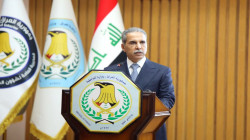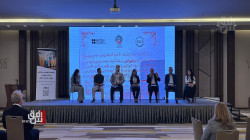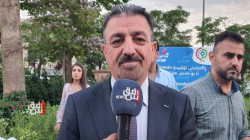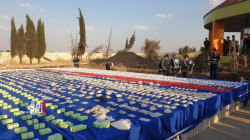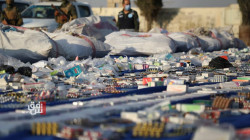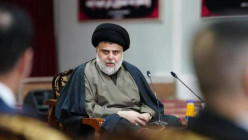A "worrying" outcome.. the number of drug users increases continuously in Iraq
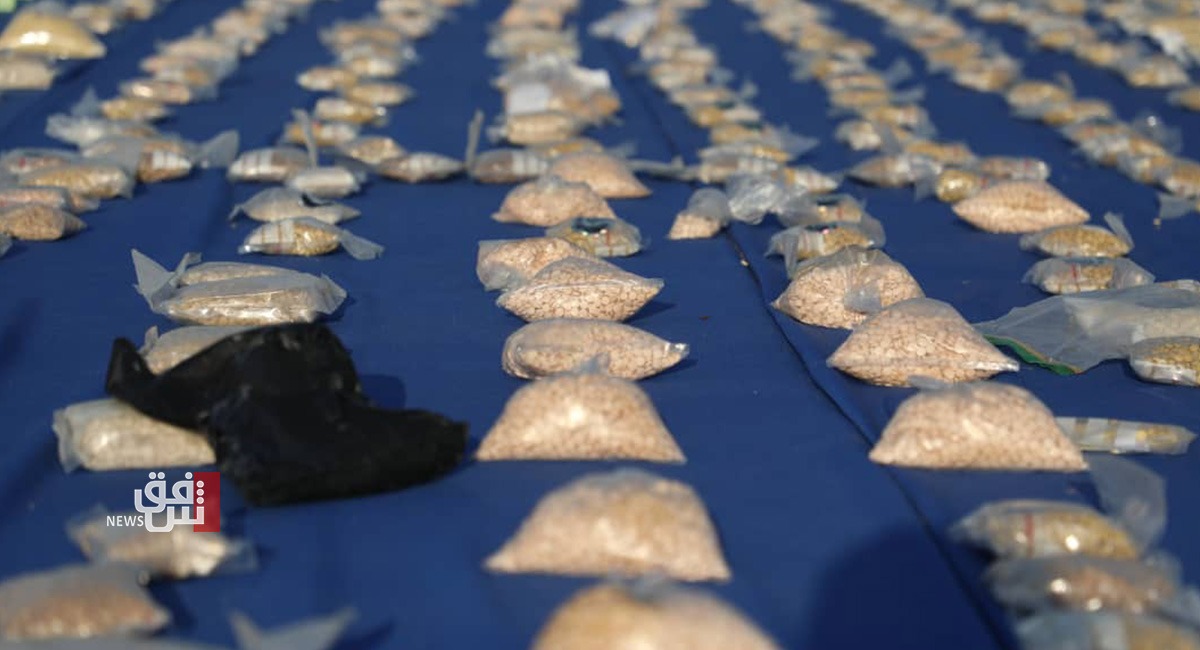
Shafaq News / Over the past three years, the number of suspected drug users and dealers has steadily increased. While the relevant security services stress the need for everyone to work together to eradicate drugs, specialists identify the factors contributing to their spread and call for establishing specialized clinics to address this situation.
Due to its proximity to nations where drug cultivation and trafficking are common, Iraq has recently emerged as one of the countries where drugs are widely used, particularly in southern cities like Basra.
Daily operations by Iraqi forces against the drug trafficking networks have resulted in the detention of thousands of traffickers and addicts, significantly aiding the containment of drug import networks.
Targetting big dealers
Colonel Bilal Subhi, the General Directorate of Drug Control's media director, stated to Shafaq News Agency, "Despite its limited capacity, the Directorate is working hard to tackle drug crimes. According to recent orders from Interior Minister Abdul Amir al-Shammari, it is working to target prominent drug traffickers and has suffered numerous martyrdoms and injuries in the process. It has done this in collaboration with all security services."
According to a statement, the interior minister had dismissed the director of drug control in Basra. The statement stated that the decision was made "for his failure to perform the duty and tasks entrusted to him". The minister emphasized in another statement that "drugs are no less dangerous than terrorism and must be vigorously fought."
According to Subhi, "the number of those arrested on drug charges is constantly rising compared to prior years. For example, it reached 7,500 in 2020, 12,800 in 2021, and in 2022 it reached 13,700 defendants."
By contacting the General Directorate for Drug Control's toll-free hotline, 178 for all of Iraq's governorates, citizens played a key role in the operations to dismantle such criminal groups."
He expressed hope that "everyone will cooperate in fighting this crime alongside the Ministry of Interior and educating the community to curb it, from the family and school to the media and civil society institutions, as well as the tribes."
Moreover, Interior Minister held an extensive conference in the presence of tribal elders last week, in which he stressed that "the authentic Iraqi tribes are the ones who have preserved civil peace and are the safety valve in Iraqi life," urging them to "help fight phenomena that are alien to Iraqi society, including drugs."
Varying users rates
"The numbers of drug users vary among state institutions themselves; the Ministry of Interior says that half of the young people use drugs, while the Ministry of Education says that the number of student users is less than 10%," said Ali al-Bayati, a former member of Iraq's High Commission for Human Rights.
"If we accept the lowest of these estimates, which is the Ministry of Education's claim that there are approximately one million drug users in Iraq, dealing with them is surely not that simple," he continued.
"As a result, the country has to establish dozens of clinics with solid infrastructure, staff, and competencies to handle this file," he said, adding that "Iraq has a massive deficit of trained staff in this field."
Similarly, the Iraqi Ministry of Health reported that since the start of 2022, 4,500 drug addicts had been treated. According to the ministry's mental health adviser Imad Abdul Razzaq, "the most common users are between 15 and 30 years old."
Abdul Razzaq added, "institutions and centers for addiction treatment are available in all governorates, and the ministry intends to construct more of them."
Causes of addiction
The causes of addiction, according to Dr. Jihan Hussein, include a "lack of knowledge of the hazards of drug usage, the weakness of religious institutions, a lack of adequate socialization, as well as disintegration and family issues."
According to Hussein, other factors contributing to addiction include "poverty and ignorance, affluence and spending money on drug purchases, as well as the influence of bad friends, psychological issues, and perceiving addiction as a therapeutic technique to escape reality."
Proposal to test Iraqis
Adnan al-Juhaishi, a member of the Iraqi parliament, suggested amending the drug law to include a clause requiring the administration of periodic tests on Iraqis to identify drug users and announced the collection of parliamentary signatures in support of the proposal.
"The amendment includes testing employees in the public and private sectors, and students applying for job interviews in the Ministries of Interior and Defense and all categories without exception by competent medical committees periodically every year and granting them an exam card that is part of the official documents," stated al-Juhaishi.
Drug Law
According to Article 28 of the Iraqi Narcotics Law, "Whoever manages or prepares a place for drug use shall be subject to a penalty of life imprisonment or temporary imprisonment, and a fine of not less than ten million dinars and not more than thirty million dinars. However, the court has the authority to order the defendant to attend a psychiatric clinic set up for this purpose instead of imposing a penalty in cases where the offender persuades a minor or encourages his spouse or a relative to use drugs instead of imposing punishment."
Drug users and dealers in Iraq were previously subject to the death penalty. Still, new legislation, which took effect in 2017, allows for either treatment in rehabilitation facilities or a sentence of up to three years in prison.
It is noteworthy that the United Nations Office on Drugs and Crime (U.N.O.D.C.) had stated in a previous report that crystal meth is the most hazardous and common drug in Iraq, warning that it was now being secretly manufactured there after previously being smuggled in from Iran.
